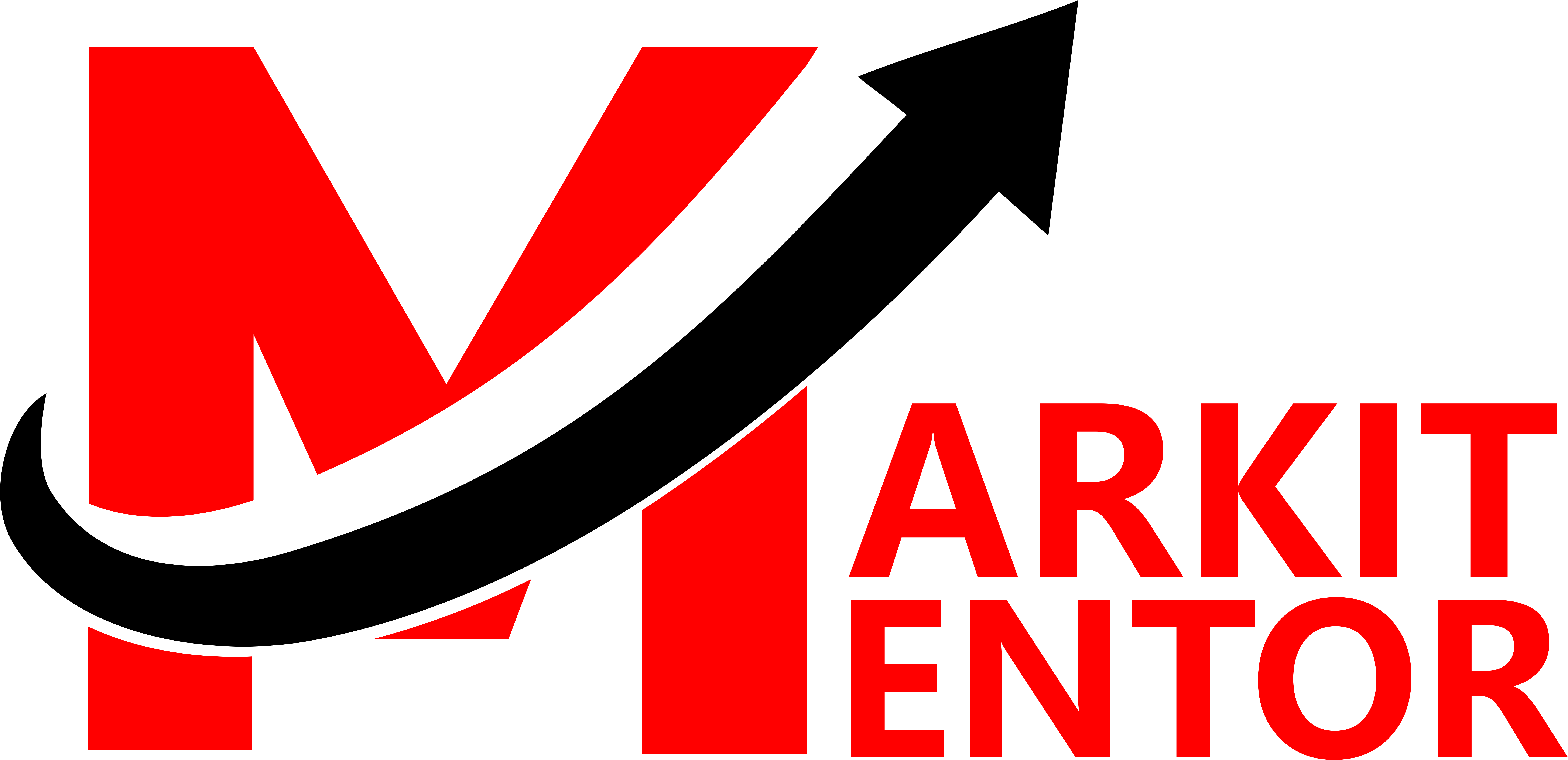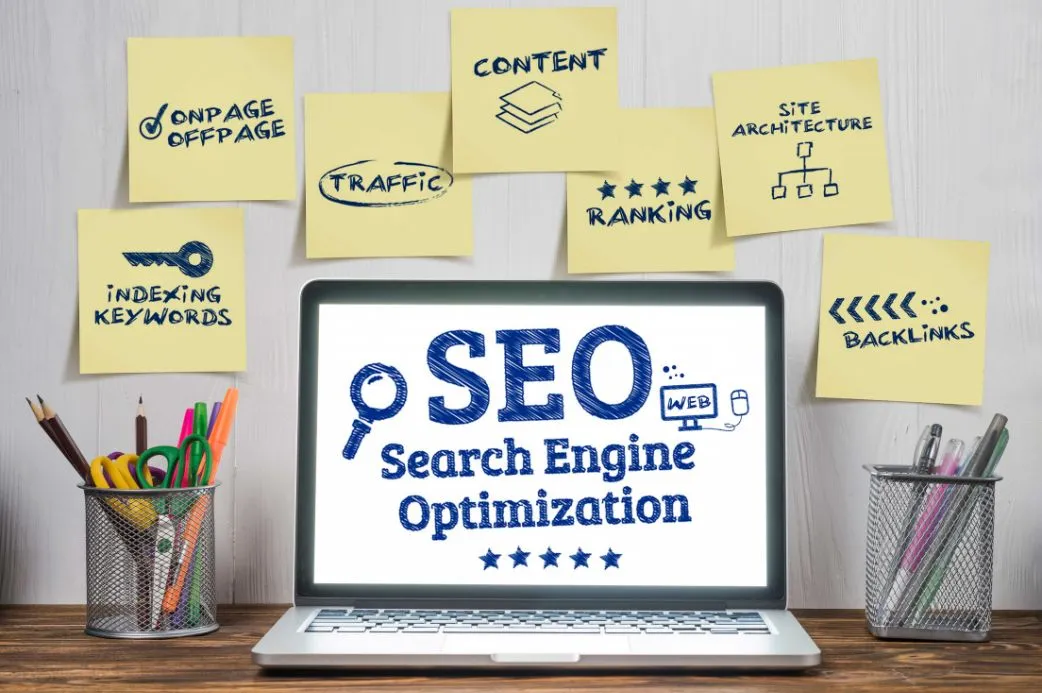In the vast and ever-expanding digital landscape, having a strong online presence has become crucial for individuals and businesses alike. Whether you are a small business owner, a content creator, or an entrepreneur, understanding Search Engine Optimization (SEO) is vital to ensure your online success. In this article, we will delve into the fundamentals of SEO and explore its significance in today’s digital world.
What is SEO?
Search Engine Optimization, or SEO, is a multifaceted practice aimed at improving a website’s visibility and ranking on search engine results pages (SERPs). The primary objective of SEO is to attract organic (non-paid) traffic from search engines, such as Google, Bing, or Yahoo. By optimizing your website and its content, you increase the chances of your pages being displayed prominently when users search for relevant keywords or phrases.
The Importance of SEO
In an age where billions of internet searches are conducted daily, appearing on the first page of search engine results can make a significant difference in your online success. Studies show that a vast majority of users rarely venture beyond the first page of search results, making SEO an indispensable tool for increasing your website’s visibility and attracting targeted traffic.
How Search Engines Work
To understand SEO better, let’s take a brief look at how search engines operate. Search engines use sophisticated algorithms to crawl and index web pages across the internet. When a user enters a search query, the search engine’s algorithm sifts through its index to present the most relevant and authoritative results.
Key Components of SEO
SEO encompasses a wide array of strategies and tactics, but some key components stand out:
- Keyword Research: Identifying and analyzing the keywords and phrases your target audience uses when searching for content related to your website.
- On-Page SEO: Optimizing individual web pages to improve their search engine rankings. This includes optimizing titles, meta descriptions, headings, and content.
- Off-Page SEO: Building a network of quality backlinks from other reputable websites, which signals to search engines that your content is valuable and trustworthy.
- Technical SEO: Ensuring that your website is technically sound and optimized for search engine crawlers. This involves aspects such as site speed, mobile-friendliness, and XML sitemap.
- Content Creation: Producing high-quality, informative, and engaging content that resonates with your target audience.
White Hat vs. Black Hat SEO
It’s essential to understand the difference between “White Hat” and “Black Hat” SEO practices. White Hat SEO refers to ethical, sustainable techniques that adhere to search engine guidelines, providing long-term benefits. On the other hand, Black Hat SEO involves manipulative and spammy tactics to achieve quick but unsustainable results. It’s crucial to employ White Hat SEO practices to build a reputable and lasting online presence.
Advanced SEO Techniques: Taking Your Online Presence to the Next Level
In the world of digital marketing, where competition is fierce, mastering advanced SEO techniques can give you a significant edge over your competitors. Building upon the basics of SEO, this article delves into more advanced strategies that can take your online presence to the next level and drive even more targeted traffic to your website.
Voice Search Optimization
As voice-activated devices like smart speakers and virtual assistants become increasingly popular, voice search optimization has emerged as a critical aspect of SEO. Voice queries tend to be more conversational and longer than typed searches. To optimize for voice search, focus on using natural language in your content, answering specific questions, and targeting long-tail keywords that reflect how people speak.
Featured Snippets and Rich Results
Featured snippets are concise answers that appear at the top of search results, providing direct answers to users’ questions. Rich results, on the other hand, include visually enhanced search results like recipes, reviews, and product details. Structuring your content to be eligible for featured snippets and rich results can significantly increase your visibility and click through rate.
Mobile-First Indexing
Mobile devices have overtaken desktops as the primary means of accessing the internet. Consequently, search engines now prioritize mobile versions of websites for indexing and ranking. Ensure your website is mobile-friendly and responsive to cater to the growing number of mobile users.
Local SEO
If you run a brick-and-mortar business or target a specific geographic area, local SEO is essential. Optimize your website and content with location-specific keywords, claim your Google My Business listing, and encourage customer reviews to boost your visibility in local search results.
Video SEO
Video content has skyrocketed in popularity, making video SEO an essential component of your strategy. Create engaging and valuable video content optimized with relevant keywords, titles, and descriptions. Hosting videos on your website or platforms like YouTube can attract both search engine traffic and a broader audience.
E-A-T and Content Quality
Google places a high emphasis on Expertise, Authoritativeness, and Trustworthiness (E-A-T) when evaluating web pages. Demonstrating expertise in your niche, establishing your authority, and gaining trust from your audience through high-quality content can positively impact your search rankings.
User Experience (UX) and Site Performance
User experience is now a significant ranking factor. Ensure your website is easy to navigate, loads quickly, and provides a seamless experience across all devices. An improved user experience leads to higher user engagement, which, in turn, signals search engines that your website offers value to users.
Schema Markup
Implementing schema markup can enhance the appearance of your website’s search results by adding structured data. This helps search engines better understand your content, leading to richer search results with additional information like ratings, reviews, and event details.
SEO Trends for 2023: Navigating the Ever-Changing Landscape
As the digital realm continues to evolve, so does the field of Search Engine Optimization. SEO trends for 2023 are shaping the way websites are ranked and found on search engine results pages. In this article, we’ll explore the latest trends and strategies that can help you stay ahead in the ever-changing SEO landscape.
Artificial Intelligence (AI) and RankBrain
AI-driven algorithms, such as Google’s RankBrain, have become an integral part of search engine rankings. RankBrain uses machine learning to interpret search queries and deliver more relevant results. To optimize for RankBrain, focus on creating valuable, user-centric content that directly addresses user intent. Understand what questions your target audience is asking and craft content that provides comprehensive answers.
User Intent Optimization
Understanding user intent is becoming increasingly critical in SEO. Search engines aim to deliver results that precisely match the user’s intentions. Content creators should focus on producing content that aligns with different stages of the buyer’s journey and caters to various user intents, such as informational, transactional, and navigational.
Core Web Vitals and Page Experience
Google has placed a spotlight on Core Web Vitals, which are essential metrics that measure a website’s user experience. Factors like page loading speed, interactivity, and visual stability directly impact how users perceive your website. Prioritize optimizing your website’s Core Web Vitals to enhance user satisfaction and potentially improve your search rankings.
Mobile-Only Indexing
Mobile optimization is no longer an option; it’s a necessity. Google’s mobile-first indexing means that the mobile version of your website is primarily used for ranking and indexing. Ensure that your website is fully responsive, easy to navigate on mobile devices, and provides a seamless user experience.
Long-Form Content and Pillar Pages
Long-form, comprehensive content is gaining traction in SEO. Creating pillar pages that cover a broad topic in-depth and linking related content to these pages can improve your website’s authority and help search engines understand the depth of your expertise. High-quality pillar content also encourages users to spend more time on your site.
Visual Search Optimization
With the rise of visual platforms like Pinterest and Instagram, visual search is becoming increasingly popular. Optimize your images with descriptive alt text and metadata to make them more discoverable by image-based search engines. Additionally, consider implementing visual search functionality on your website to cater to this growing trend.
Secure and HTTPS-Enabled Websites
Website security has been a ranking factor for some time now, and it continues to be crucial. Websites with HTTPS (Hypertext Transfer Protocol Secure) encryption are favored by search engines, as they provide a secure and encrypted connection between the user’s browser and the server. Invest in an SSL certificate to ensure your website is HTTPS-enabled.
Conclusion
SEO continues to be a crucial factor for online success. Prioritize user intent, optimize for mobile, and embrace AI-driven algorithms. Focus on user experience, produce valuable content, and stay adaptable to the ever-evolving SEO landscape to thrive in the digital world.
Frequently Asked Questions (FAQs) About Search Engine Optimization (SEO)
Q. What is SEO, and why is it important?
SEO, short for Search Engine Optimization, is the practice of optimizing a website to improve its visibility and ranking on search engine results pages (SERPs). It is essential because the majority of online experiences begin with a search engine, and higher rankings lead to increased organic (non-paid) traffic. SEO helps businesses and individuals reach their target audience, boost online presence, and compete effectively in the digital marketplace.
Q. How does SEO work?
Search engines, like Google, use complex algorithms to crawl and index web pages across the internet. When a user enters a search query, the algorithm analyzes the indexed pages and ranks them based on relevance and authority. SEO involves various strategies, such as keyword research, on-page optimization, backlink building, and user experience improvements, to enhance a website’s chances of ranking higher on SERPs.
Q. What are the key components of SEO?
The primary components of SEO include:
- Keyword Research: Identifying relevant and high-value keywords that align with your content and user intent.
- On-Page SEO: Optimizing web pages by using targeted keywords, meta tags, headings, and content structure.
- Off-Page SEO: Building high-quality backlinks from
- other reputable websites to establish authority and credibility.
- Technical SEO: Ensuring the website is technically sound, mobile-friendly, and easily accessible by search engine crawlers.
Q. Is SEO a one-time effort or an ongoing process?
SEO is an ongoing process rather than a one-time endeavor. Search engines continuously update their algorithms, user behavior changes, and competition evolves. To maintain and improve rankings, businesses and individuals need to stay up-to-date with the latest SEO trends, regularly update their content, and adapt to industry changes.
Q. How long does it take to see results from SEO efforts?
The timeline for SEO results can vary depending on various factors, such as the competitiveness of the keywords, the website’s current state, and the quality of SEO strategies implemented. In general, it may take several weeks to a few months before noticeable improvements in search rankings and organic traffic are observed.
Q. Are there any risks associated with SEO?
While SEO is essential for online success, there are potential risks associated with certain practices. Engaging in “Black Hat” SEO techniques, such as keyword stuffing, link spamming, or cloaking, can lead to search engine penalties or even getting your website banned. It is crucial to focus on ethical, “White Hat” SEO practices to ensure long-term success and avoid any adverse consequences.
Q. How can I measure the success of my SEO efforts?
There are various tools and metrics to measure the success of your SEO endeavors. Google Analytics provides valuable insights into website traffic, user behavior, and conversion rates. Additionally, tracking keyword rankings, backlink profiles, and organic traffic growth are essential indicators of SEO success.
Q. Can I do SEO on my own, or should I hire a professional?
While some basic SEO techniques can be implemented by individuals, a comprehensive and effective SEO strategy often requires the expertise of professionals. SEO specialists have in-depth knowledge of the ever-changing landscape and can develop tailored strategies to meet specific goals. Investing in professional SEO services can yield significant returns and ensure a more strategic approach to achieve online success.











